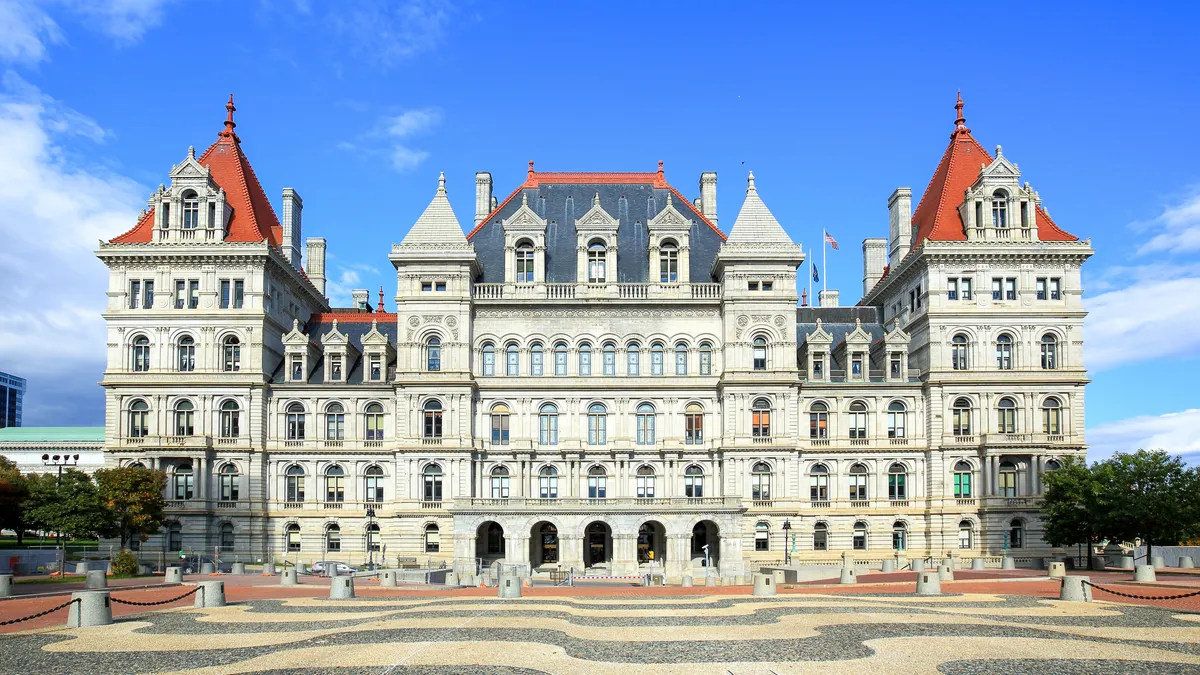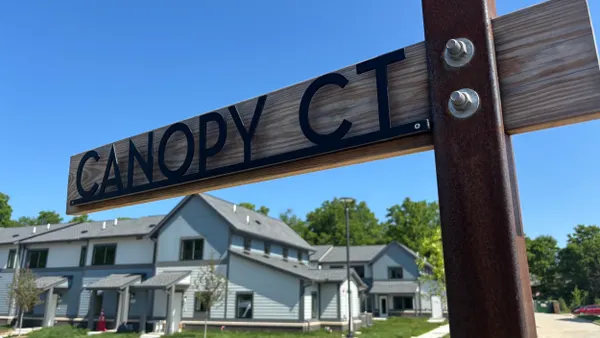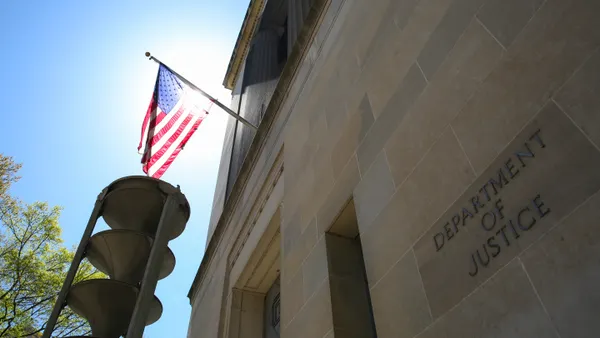In March, a woman was in the process of selling her parents’ home in Queens, New York, when she found that a group of people had moved into the home and refused to leave. Additionally, the main occupant could not legally be removed by police because he was able to prove that he had lived there for more than 30 days.
According to New York law, squatting — inhabiting a home or piece of land which the resident does not own or rent — is considered trespassing. However, up until very recently, any squatter who had inhabited a home for more than 30 days was legally considered a tenant.
This meant that the property owner would need a judicial eviction in order to remove a tenant — a difficult and lengthy process. In the Queens case, the homeowner instead changed the locks on her parents’ home. This resulted in her arrest, according to the local ABC News affiliate, though the charges were later dropped.
Legal changes
Following this and a number of other high-profile squatting-related cases in New York and other areas that made news around the same time, several state governments have moved to pass legislation restricting or forbidding squatting, as well as sidestepping the court eviction process. They are:
- On March 22, West Virginia enacted a law, effective June 4, that establishes that a squatter cannot be considered a tenant in the state.
- In Florida, on March 27, Gov. Ron DeSantis signed a bill establishing criminal charges for squatting and permitting property owners to request assistance from local authorities to remove unlawful occupants from their properties. The law takes effect on July 1.
- On April 22, New York Gov. Kathy Hochul signed the 2025 state budget, which changed the state’s property law to say that squatters are not considered tenants on any timeframe, effective immediately. The language was derived from legislation introduced in response to recent events in the state, according to a press release from State Sen. John Liu.
- Shortly afterward, on April 24, Georgia Gov. Brian Kemp signed the Georgia Squatter Reform Act, which outlaws squatting and requires individuals accused of squatting to produce proof of legal residency within three days or else risk arrest. Georgia was the site of another recent high-profile squatting case, in which a DeKalb, Georgia, resident returned from caring for his sick wife to find that squatters had moved into his home.
- Alabama followed suit with a bill signed on May 6 by Gov. Kay Ivey, which creates a process for removal and consequences for falsifying real estate documents.
Similar bills are under consideration in four other states. South Carolina and Ohio’s bills, both allowing for the immediate removal of an unlawful resident, are presently in their respective state House committees. New Jersey’s is in its Senate committee, while Oklahoma’s bill is under consideration in the full House.
United States Rep. Dan Meuser, R-Pa., also introduced a bill in the U.S. House on April 10 that, if passed, would define trespassing or squatting as grounds for deportation for any non-U.S. citizen. The bill is currently in committee.
Cause and effect
The laws colloquially referred to as “squatters’ rights” can also encompass adverse possession, in which a person who does not own a property may acquire title to it under certain circumstances. Usually, this includes occupying the property and acting as its owner for an extended period of time — ranging from years to decades — without the owner giving permission or exercising their right to remove them.
However, these new laws are not expected to have any effect on adverse possession cases, according to legal sources.
“The new laws aim to curb quick turnarounds in squatting scenarios but do not interfere with the long-established principles of adverse possession,” M. Denzell Moton, attorney and owner of Moton Legal Group in Atlanta, told Multifamily Dive. “Therefore, while the immediate impact on short-term squatters is significant, long-term adverse possession claims remain governed by existing statutes and case law.”












